Coast region plans to sustain TASAF projects
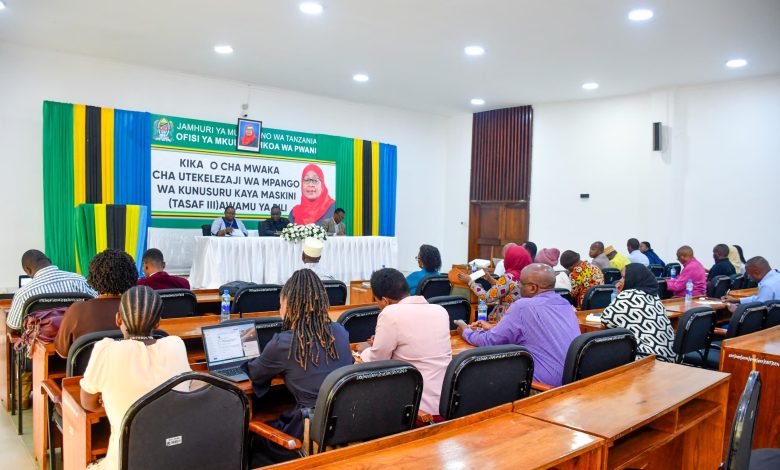
COAST REGION: THE Coast Region is developing strategies to ensure the sustainability of projects implemented under the Tanzania Social Action Fund (TASAF), following the completion of Phase Two of the programme on September 30 this year.
TASAF began project implementation in Tanzania in 2014, with Kibaha and Bagamoyo districts selected as pilot areas.
Phase Two of the programme commenced in October 2020, with a focus on eradicating chronic poverty and improving the livelihoods of low-income communities.
Since its inception, the Coast Region has consistently ranked among the top performers in implementing TASAF initiatives.
By the end of Phase Two, the government had allocated a total of 44bn/- to support various development projects in the region under the programme.
Speaking at the recent annual TASAF task force meeting held at the regional headquarters in Kibaha Municipality, Assistant Regional Administrative Secretary for Economics and Production, Mr Shangwe Twamala issued key directives to ensure the sustainability of the projects and long-term benefits for the beneficiaries.
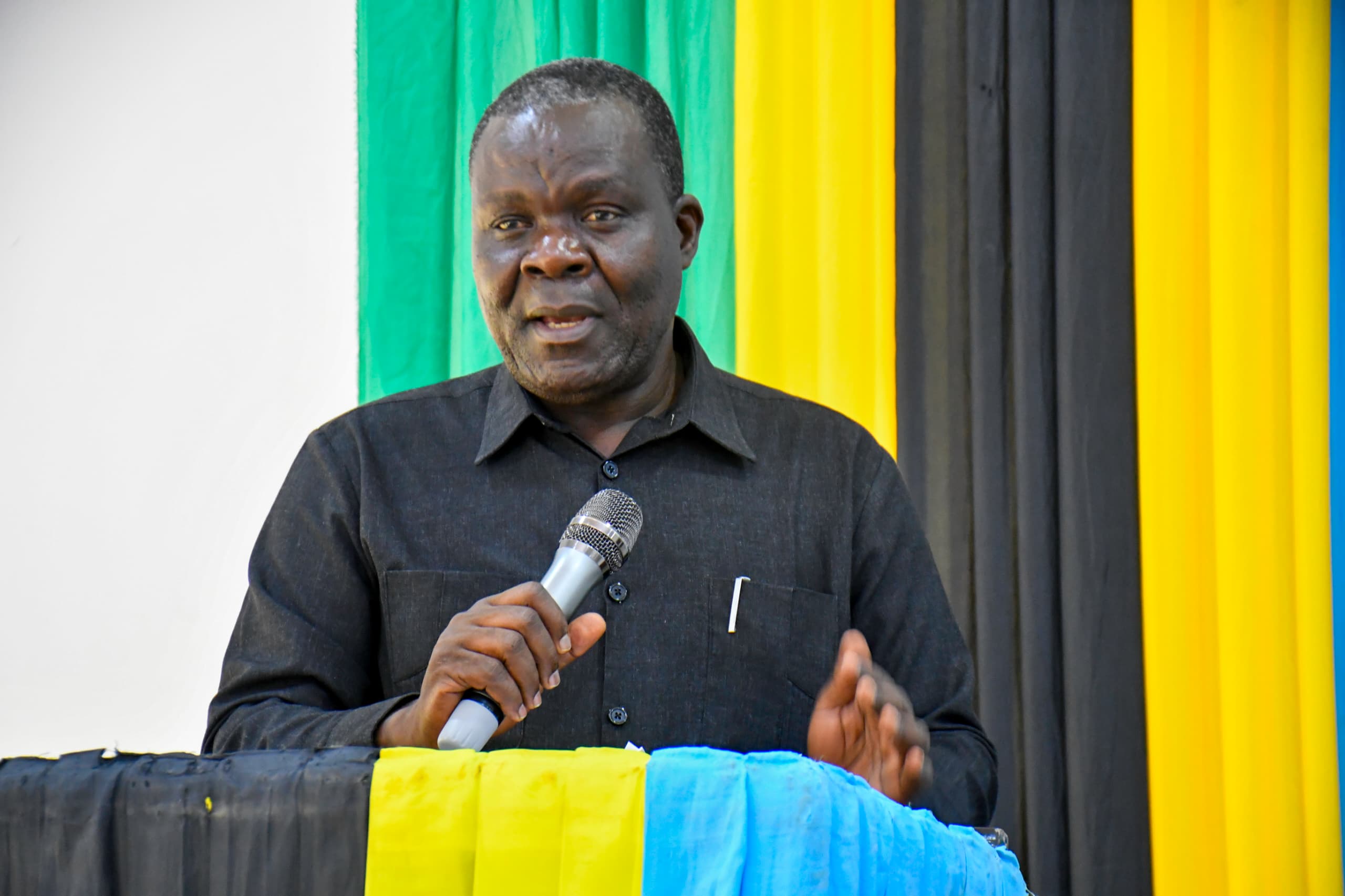
“I direct you to ensure that all beneficiary groups are trained in financial literacy and supported to access loans from council funds allocated to special groups. This will strengthen them economically and help reduce dependency,” Mr Twamala explained.
According to Ms Roseline Kimaro, TASAF Regional Coordinator, the region had established a total of 1,601 groups by June this year, comprising 16,495 members, of whom 14,568 are women.
“When the programme began in 2014, we started with just ten groups. Reaching 1,601 is a major milestone. We’ve provided training in value addition and product development and connected beneficiaries with institutions such as SIDO, BRELA and TBS,” she noted.
Through these groups, beneficiaries have launched various income-generating projects in areas such as agriculture, livestock keeping, small businesses, tailoring and weaving. The groups’ collective capital has now reached 300m/-.
In addition to group-based economic initiatives, the region has successfully implemented community development projects in the health and education sectors, including the construction of dispensaries, hospital wards, dormitories and staff housing.
Ms Kimaro also noted that TASAF’s regional office has directed District Councils to prioritise these groups when issuing loans from the 10 per cent of local revenue collections, as mandated by the government to further strengthen project sustainability.
The TASAF programme continues to be a catalyst for positive change and is expected to drive sustainable development across the entire region.


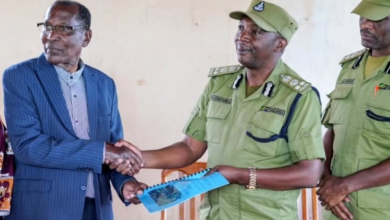
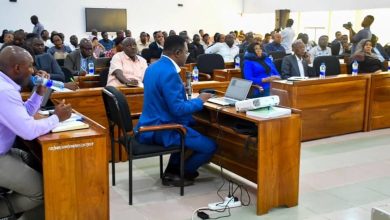

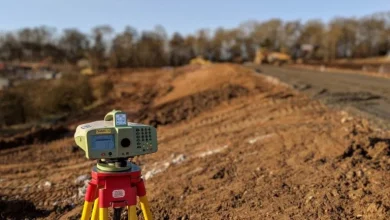
Thank you very much for this news we appreciate the good job
ishaqhussainisulaiman@gmail.com